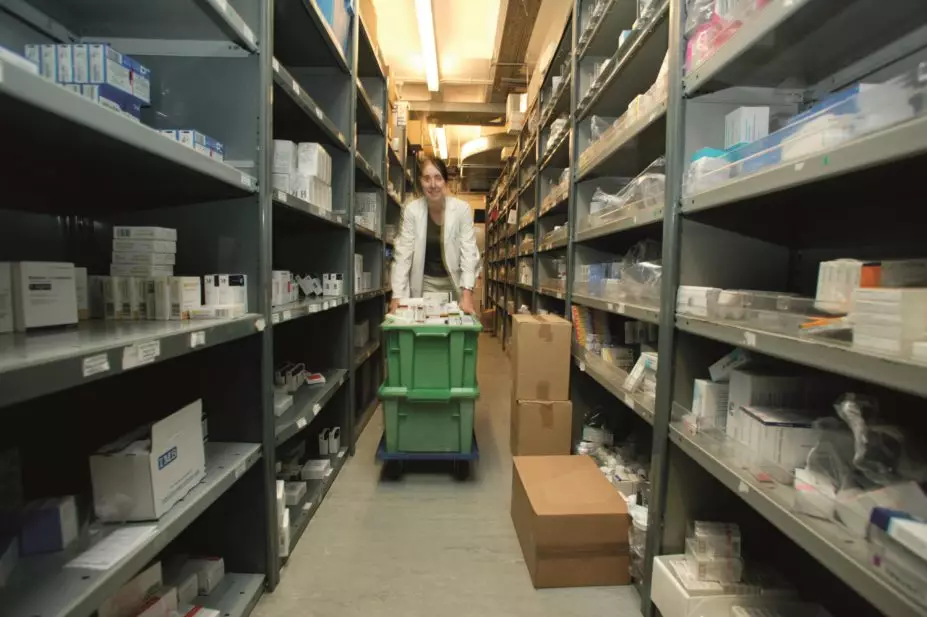
Photofusion Picture Library / Alamy
Succession planning is urgently needed to prepare for the swathe of experienced pharmacists buying medicines for hospitals who will shortly retire, an independent review has warned.
The review reveals that a “large number” of NHS pharmacists across the UK responsible for spending more than £5bn on hospital medicines each year are set to retire in the next five years or so. The report sets out 23 recommendations for bolstering interest in procurement posts, such as teaching medicines procurement to undergraduates, and warns immediate action is needed to address the predicted shortfall in experienced pharmacists working in the speciality (See panel).
The ‘Succession planning for medicines procurement services’ review[1]
was commissioned by the Guild of Healthcare Pharmacists’ (GHP) procurement and distribution interest group (PDIG) and will be sent to chief pharmacists across the UK.
It suggests an undervaluing in the importance of medicines procurement combined with a surge in interest in clinical pharmacy means junior pharmacists may not understand the importance of pharmacist procurement roles.
Allan Karr, former PDIG chairman, says: “While clinical pharmacy is proving popular, it is to the detriment of other roles such as procurement, which are not seen as sexy but are nonetheless critical to the effective management of drugs.”
Report co-author and former hospital chief pharmacist David Tutcher suggests further work should be done with junior pharmacists to find out what could be deterring them from a career in procurement. “We can only guess but sitting on a bed and talking to a patient might be regarded as more rewarding than sitting in an office talking to a drugs representative,” he says.
The independent consultant also points out that career pathways in clinical pharmacy are more structured than in procurement.
The authors of the report designed an online questionnaire and asked all UK NHS hospital chief pharmacists to complete it (they estimate around 263 questionnaires were sent out). The chief pharmacists were questioned about roles within medicines procurement, the importance attached to each role, the age of the current workforce and plans to deal with vacancies.
Of the 116 responses received, 90% said the medicines procurement service was either “crucial” or “highly important” to the safe and effective running of the pharmacy department. The survey found almost half of those providing strategic or professional management of local medicines procurement activities are aged over 50 years. With 66% of respondents predicting that filling pharmacy procurement posts would be “quite difficult” or “very difficult”, the report states that “this should be of immediate concern”.
“This report demonstrates an urgent need to begin to consider succession planning in medicines procurement if these critical services are not to fail in the near future,” the authors write.
Panel: Summary of recommendations
The authors of ‘Succession planning for medicines procurement services’ make a number of recommendations, including:
- Identify training needs of current and potential procurement staff;
- Raise awareness of the need for succession planning, develop business continuity plans and put the topic on risk registers if necessary;
- Provide training schemes for medicines procurement personnel and develop a standard syllabus for a national training course to cover the more advanced training requirements of medicines procurement specialists;
- Survey potential medicines procurement specialists to find out how careers in medicines procurement are perceived and overcome barriers preventing people becoming interested roles.
